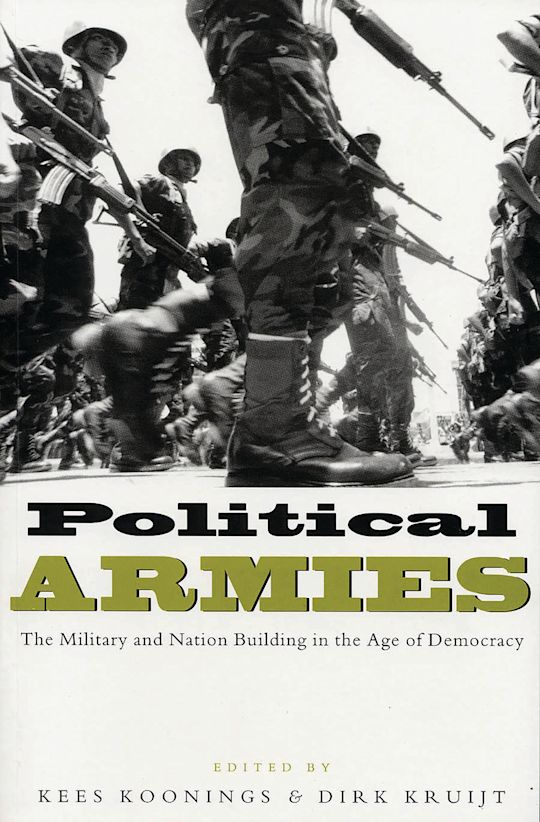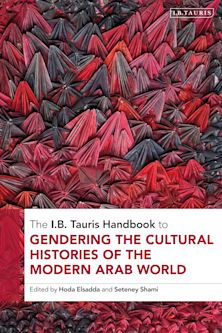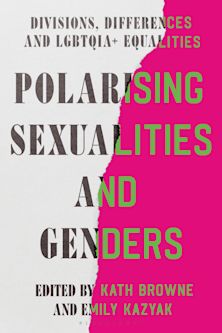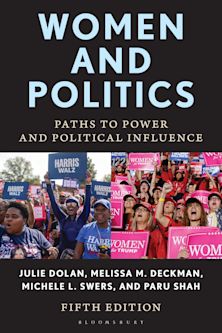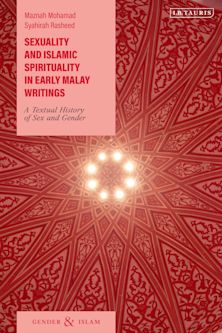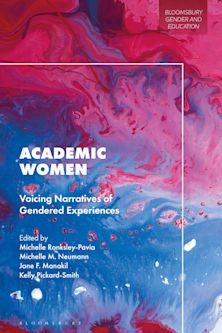- Home
- ACADEMIC
- Politics & International Relations
- Sexuality and Gender
- Political Armies
Political Armies
The Military and Nation Building in the Age of Democracy
Political Armies
The Military and Nation Building in the Age of Democracy
This product is usually dispatched within 3 days
- Delivery and returns info
-
Free CA delivery on orders $40 or over
You must sign in to add this item to your wishlist. Please sign in or create an account
Description
In the post Cold War era does the withdrawal of armies from direct rule in most countries herald an end to their role as actors in domestic politics? Is it indeed sensible to assume that political intervention by the military has been more or less permanently superceded? Drawing on the 20th century experience of a dozen important countries this book examines a number of closely related issues:
• What generalizations can be made about the causes and enduring consequences of military rule for nation building and economic development?
• How have the passing of the Cold War, the rise of globalization and other changes in the 1990s affected the political role of the military?
• How can we assess the role of political armies in relation to the problems of consolidating civil politics and democratic governance?
• Are there lessons for policy makers to be learned from a comparative analysis of political armies in such fields as global governance and post-conflict reconstruction?
This stimulating set of explorations and investigations builds on previous theories about the role of the military in politics and looks to the future - the possible proliferation of armed actors, new perversions in the domestic roles of the armed forces, and the much more prominent emergence of privatized forces of law and order.
Table of Contents
1. Military Politics and the Mission of Nation Building - Kees Koonings and Dirk Kruijt
2. From Military Reformists to Civilian Dictatorship: Peruvian Military Politics since 1960s - Dirk Kruijt & Maria Del Pilar Tello
3. The Guatemalan Politico-Military Project: Whose Ship of State? - Jennifer Schirmer
4. The Military and Politics in Brazil, 1964-2000 - Celso Castro
5. A Political Army in Chile: Historical Assessment and Prospects for the New Democracy - Felipe Aguëro
6. The Janus Face of the Indonesian Armed Forces - Nico Schulte Nordholt
7. The Military, Politics and Post-Cold War Dilemma's in Turkey - Aylin Güney
8. The Algerian Army and the State - Lahouari Addi
9. Entrenched Militarism and the Future of Democratic Transition in Nigeria - J'kayode Fayemi
10. Political Armies and the Nation State in Ethiopia and Eritrea - Robin Luckham
11. Army Politics as a Historical Legacy: The Experience of Burma - Martin Smith
12. Serbia and the Politics of the Yugoslav Armies: Communism, Federalism and Democracy - James Gow
13. The Military Politics: Old Wine in New Bottles? An Attempt at Stock-Taking - Emanuel De Kadt
Epilogue: Political Armies between Continuity and Demise - Kees Koonings and Dirk Kruijt
Product details
| Published | May 01 2002 |
|---|---|
| Format | Paperback |
| Edition | 1st |
| Extent | 416 |
| ISBN | 9781856499804 |
| Imprint | Zed Books |
| Dimensions | Not specified |
| Publisher | Bloomsbury Publishing |
About the contributors
Reviews
-
This timely volume raises hugely important issues for the aftermath of political armies which cannot be ignored. The particular forte of the contributors lies in their ability to penetrate the thinking of the military and to highlight their capacity for "strategic" responses to the dilemmas resulting from the dismantling of the Cold War and the surge of democracy ... Quite probably the most important and sophisticated comparative volume on the subject of the military and politics to emerge in recent years.
Eboe Hutchful, Wayne State University
-
Political Armies lays bare the important truth about civil-military relations in the post-cold war world.
Johanna Mendelson Forman, American University, Washington, DC
-
A provocative and wide-ranging collection of first-rate case studies on the political roles armies have played and still play around the world. The choice of countries included is very original and the wide ambit of issues it covers makes it the most comprehensive book existing today on this ongoing debate. This timely volume is essential for understanding the importance of the military factor in current processes of democratization as it gives a cautionary sign about the ever-existing prospects of authoritarian regression.
Patricio Silva, editor of The Soldier and the State in South America









